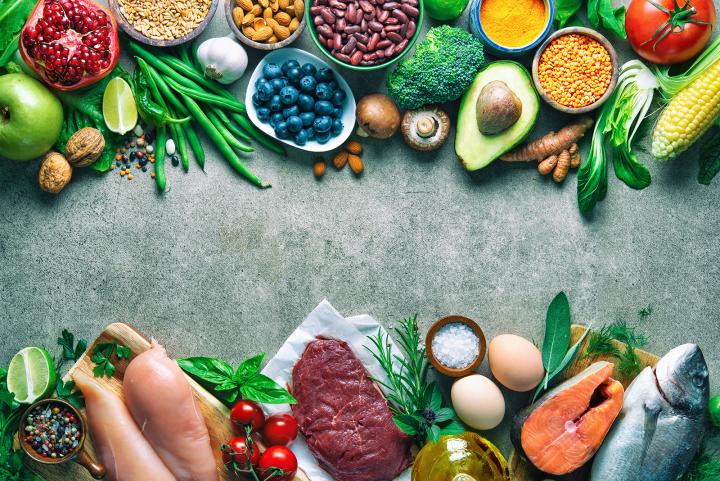At the beginning of the semester, I thought of food as just nourishment and a way to bring people together. My original reflection focused on how food gives us energy and unites people worldwide since everyone needs to eat. It was my own personal perspective, but after taking this class, I now see how food plays a major role in global, cultural, and scientific issues.
One of my favorite sections of the course was food psychology and culture. Food is such a big part of our daily lives, but we don’t often stop to think about how much it impacts us. This topic was somewhat familiar to me because I’ve always been curious about how food affects emotions and how our environment shapes what and how we eat. The part about food marketing and consumer behavior really stood out to me. It was eye-opening to learn about the tools food companies use to influence our choices, like appealing packaging or emotional advertising. It also made me think about how cultural values shape what we consider desirable in food.
Organic foods were another topic I was already familiar with, but I learned a lot more than I expected. Before, I thought I understood what organic meant, but I hadn’t realized how complicated the term really is. It was surprising to learn that people define “organic” differently, and that the certification process is more nuanced than I thought.
On the other hand, the topic of novel foods was completely new to me. Before this class, I didn’t know much about lab-grown meat or insect protein. These topics opened my eyes to how food science is tackling big challenges like sustainability and food security. For example, lab-grown meat could lower the environmental impact of traditional farming, and edible insects offer a high-protein option that requires fewer resources. At first, these ideas felt unfamiliar and even a little strange, but now I see how necessary they could become for feeding a growing global population.
Functional foods and gut health were also topics I didn’t know much about before, but I found them fascinating. I knew a little bit about probiotics and prebiotics, but I didn’t fully understand their benefits or how they work. This class helped me see how dietary fiber, probiotics, and fermented foods can support gut health and improve overall well-being. It was also cool to learn about the work being done at the Nebraska Food for Health Center to improve the nutritional quality of foods through agriculture. Thinking of food as medicine is a perspective I hadn’t considered before, and it’s inspired me to start making more intentional choices about my diet, like eating more fiber-rich and fermented foods.
Another topic that stood out to me was food safety, especially in the context of COVID-19. I had never really thought about how fragile the global food supply chain is or how critical food safety protocols are. The pandemic showed how quickly disruptions can happen and how they affect everyone, from farmers to consumers. This made me appreciate the systems that ensure our food is safe, but it also made me more aware of how much work needs to be done to make these systems stronger.
Looking back, my view of food has changed in many ways. At the start of the semester, I thought of food as a source of energy and something that can connect people. Now, I see it as a much bigger part of the world’s challenges and as a solution. It represents a powerful tool for addressing major issues like sustainability, global hunger, and health. This course has broadened my perspective on food and inspired me to think about how I can make a difference through my own choices and future career.

